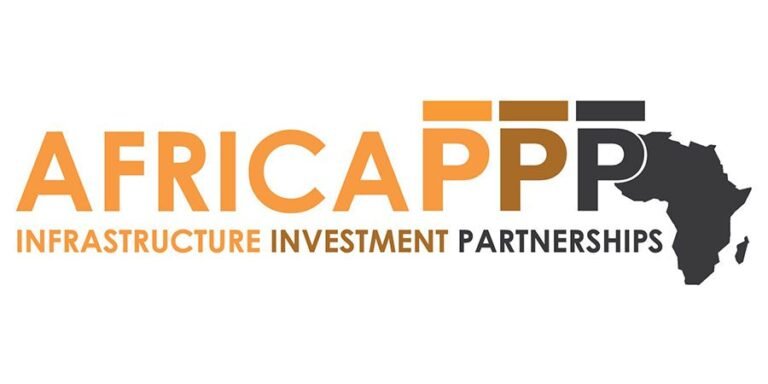1. European Union’s Digital Border Overhaul
The European Union is set to revolutionize its border management with the introduction of the Entry/Exit System (EES) in October 2025. This automated system will replace traditional passport stamping by utilizing facial recognition and fingerprint scans to record entries and exits of non-EU travelers. The EES aims to enhance security, reduce identity fraud, and streamline border crossings across the Schengen Area.
2. Singapore’s Passport-Free Immigration Clearance
Singapore is pioneering a seamless travel experience by implementing passport-less immigration clearance at Changi Airport started since August 2024. Travelers, including foreign visitors, will undergo automated clearance using facial and iris biometrics, eliminating the need for physical passports. This initiative is part of Singapore’s New Clearance Concept, aiming to enhance border security while providing hassle-free entry and exit processes.
3. Global Expansion of Electronic Travel Authorizations (ETAs)
Countries worldwide are adopting Electronic Travel Authorization systems to facilitate smoother entry processes:
- United Kingdom: From January 8, 2025, non-European nationals from visa-exempt countries will require an ETA to enter the UK. By April 2, 2025, this requirement will extend to European citizens. The ETA, costing £10, will be valid for two years or until the passport expires, allowing multiple entries with stays up to six months.
- European Union: The EU plans to implement the European Travel Information and Authorization System (ETIAS) by the end of 2025. Citizens from visa-exempt countries, including the U.S., will need to obtain this online authorization before traveling to the Schengen Area. ETIAS will cost €7 and remain valid for three years or until the passport expires.
4. Zambia’s Visa-Free Policy Expansion
In a strategic move to boost tourism and international relations, Zambia has expanded its visa-free access to include 53 additional countries as of January 1, 2025. This policy change increases the total number of visa-exempt nations to 167, facilitating easier travel and promoting Zambia as a tourist destination.
5. Cambodia Reduces E-Visa Fees
To attract more tourists and business travelers, Cambodia has reduced its e-visa fees starting January 1, 2025. Tourist e-visas now cost $30, down from $36, while business e-visas are priced at $35, reduced from $42. This initiative aims to revitalize Cambodia’s tourism sector by making travel more affordable.
Conclusion
The year 2025 marks a significant shift in global travel dynamics, with countries embracing digital innovations and policy reforms to enhance mobility, security, and tourism. These developments promise a more streamlined and accessible travel experience for international travelers worldwide.


